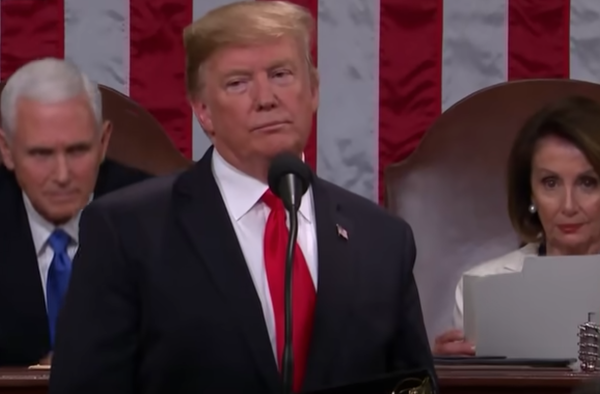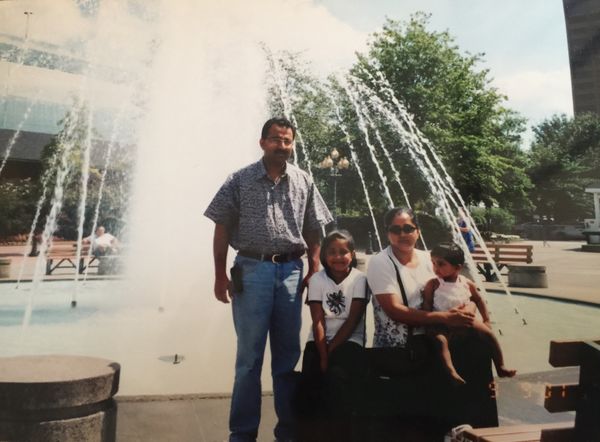The Trump Administration’s swift response and retaliation to the recent Syria gas attack is yet another example of the frightening militarism that has gripped America for the past few decades. As we found out during the throes of our biggest anti-war movement during Vietnam, public support for a war is necessary if it’s going to be carried out. Despite having a “free and open” press in principle, since at least the Gulf War in the 90’s, the mainstream media has consistently towed the line in the government’s pro-war agenda.
As much as alternative media sources, such as The Jimmy Dore Show are criticized as being “conspiracy theorists,” their skepticism of media reporting is justified. As Caitlin Johnstone writes on Medium, it would seem a little strange that Assad would choose to commit such an atrocity at a time when the Syrian army is nearing victory, and Trump is preparing to withdraw from Syria. As of now, no evidence has been presented that points to the Assad Regime being behind the attack in Douma. In fact, Secretary of Defense James Mattis just admitted back in January that the DoD has no evidence that the 2013 and 2017 gas attacks in Syria were committed by the Assad Regime either.
While the Assad Regime in Syria has not previously been a group of benevolent rulers by any stretch of the imagination, the lack of skepticism by the American media is disgraceful. What we’ve seen over the past few days is beating the drums for war, yet we are not entirely sure if Assad’s Regime was responsible in the first place. This situation bears a striking resemblance to the media’s and the government’s narrative on the 2003 Invasion of Iraq. At the time (although I was too young to remember), mainstream media went along with the narrative of “weapons of mass destruction,” with MSNBC going as far as firing one of their top reporters for being a “difficult public face for NBC in a time of war.”
This is one of many situations where we have to look at the issue with nuance and not with a reactionary response. Yes, Assad is a brutal dictator, who oppresses his people. Yet, we still have to recognize that Syria has become a site of yet another proxy war between great powers, another piece in the geopolitical chessboard. This issue needs to be looked at rationally and with a cool-head, before we start beating the drums for more conflict in the middle east.



















